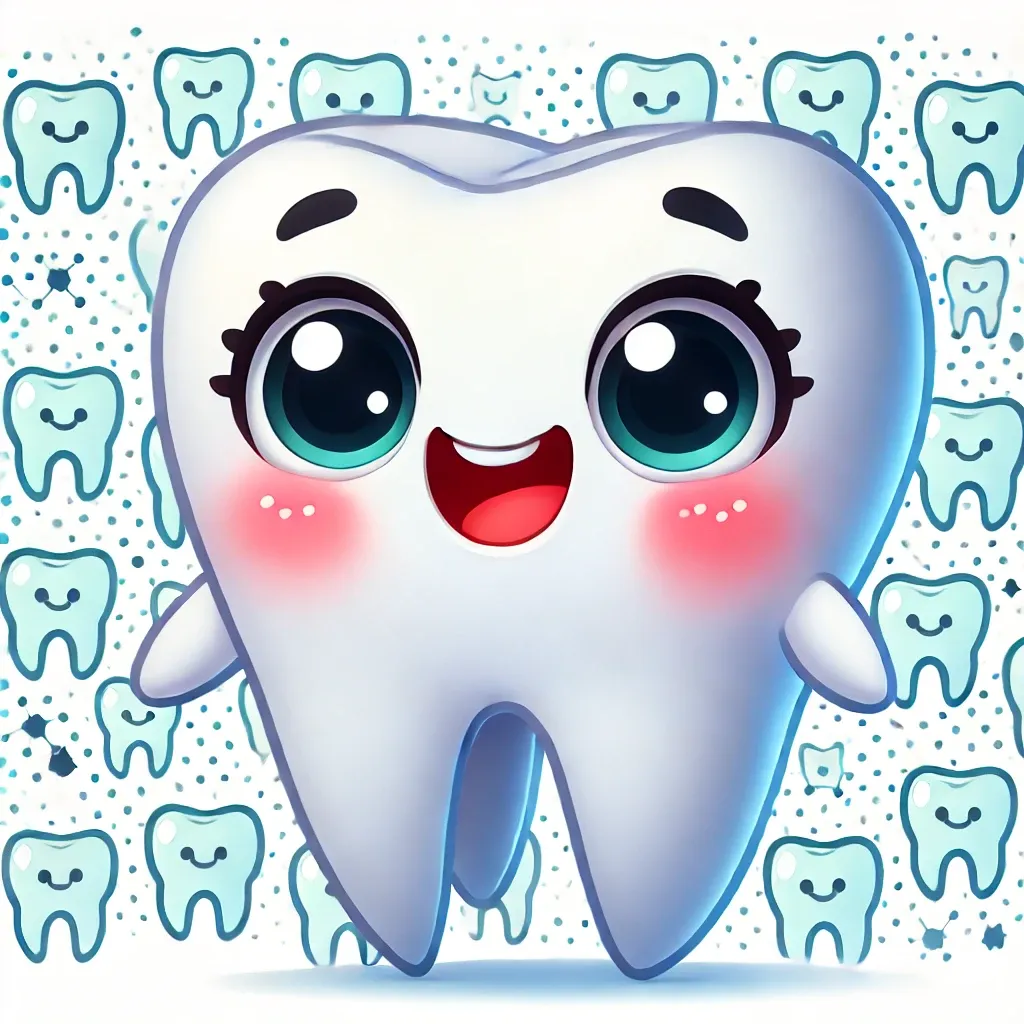No More Dentures? The Breakthrough in Tooth Regeneration

It's a Wacky Wednesday, so we are bringing you some WILD news Varrock Street Journal Community,
Imagine a future where lost teeth can be regrown naturally, eliminating the need for dentures or implants. This once fantastical idea is now edging closer to reality, thanks to groundbreaking research in dental regenerative medicine. Let's delve into the latest advancements that could revolutionize dental care.
A New Era in Dental Treatment: The "Teething Pill"
Toregem Biopharma Inc., a pioneering company in dental medicine, is developing an innovative drug aimed at treating congenital edentulism—a condition where individuals are born without certain teeth. The drug targets a molecule known as USAG-1, which inhibits the function of bone-forming proteins essential for tooth development. By suppressing USAG-1, the drug facilitates the growth of new teeth.
Animal studies have already demonstrated promising results, with successful tooth regeneration observed in mice, beagle dogs, and ferrets. The company is currently conducting pre-clinical safety studies and aims to initiate human clinical trials in 2024. If successful, this drug could be a game-changer in dentistry, potentially replacing traditional tooth replacement methods like dentures and implants.

The Science Behind Tooth Regeneration
The foundation of this innovative approach lies in the inhibition of the USAG-1 protein. USAG-1 negatively regulates bone morphogenetic protein (BMP) and Wnt signaling pathways, both crucial for tooth development. By administering a neutralizing antibody against USAG-1, researchers have been able to stimulate these pathways, leading to the formation of new teeth in animal models.
This method not only holds promise for those with congenital tooth absence but also for individuals who have lost teeth due to injury or disease. If the upcoming human trials yield positive results, we could soon see an accessible and minimally invasive solution for tooth loss.
Implications for Dental Care
The potential to regrow teeth presents a paradigm shift in dental treatment. Currently, options for missing teeth include dentures, bridges, and implants. While effective, these solutions come with limitations such as discomfort, the need for replacements, and the risk of complications. A drug that enables natural tooth regeneration would offer a more permanent and less invasive alternative, improving the quality of life for millions.
Moreover, it could significantly reduce the long-term costs associated with dental prosthetics and their maintenance. With an aging population and increasing demand for dental care, regenerative medicine could play a crucial role in shaping the future of dentistry.

Looking Ahead
As Toregem Biopharma Inc. prepares for clinical trials, the dental and medical communities are watching closely. If human studies mirror the success seen in animals, we could witness the advent of a revolutionary treatment within the next decade. This development underscores the importance of continued investment in regenerative medicine and the potential it holds for transforming healthcare.
Additionally, researchers are exploring how this breakthrough could be applied to other areas of the body, including bone regeneration for osteoporosis patients and tissue repair for those recovering from severe injuries. If these approaches prove effective, regenerative medicine could expand far beyond dentistry, offering solutions for various medical conditions.
Did You Know?
- USAG-1 Protein: USAG-1 stands for Uterine Sensitization-Associated Gene-1, a protein that plays a role in inhibiting tooth development.
- Congenital Edentulism: This condition affects approximately 1% of the population and involves the absence of six or more permanent teeth due to genetic factors.
- Clinical Trials: The upcoming human clinical trials will primarily focus on safety and efficacy, marking a critical step toward potential regulatory approval.
- Other Applications: Beyond tooth regeneration, BMP and Wnt signaling pathways are also being studied for their potential role in regenerative treatments for bones, joints, and even organs.
Reflection Questions
- What are the potential ethical considerations in developing drugs that stimulate tooth regeneration?
- How might this advancement impact the future training and practices of dental professionals?
- What other areas of regenerative medicine could benefit from similar approaches?
- Could this technology eventually lead to fully customizable dental regrowth solutions tailored to individual genetic profiles?
Final Thoughts
The journey from scientific discovery to clinical application is complex and requires rigorous testing. However, the progress in tooth regeneration research offers a glimpse into a future where natural tooth regrowth could become a standard treatment. Staying informed about these developments empowers us to make educated decisions about our health and well-being.
If successful, this breakthrough could redefine dental care, making missing teeth a thing of the past. The future of regenerative medicine is bright, and as science continues to evolve, it’s exciting to imagine the possibilities that lie ahead.
Until next time, stay curious and keep smiling!
- The Varrock Street Journal Team

References
Kyoto University Innovation Capital. (n.d.). Revolutionizing dental treatment with a dream "teething pill." Kyoto University Innovation Capital. Retrieved from https://www.kyoto-unicap.co.jp/en/embark/toregem/
The Brighter Side News. (2024). Groundbreaking new drug regrows teeth, reshaping dental care worldwide. The Brighter Side News. Retrieved from https://www.thebrighterside.news/post/groundbreaking-new-drug-regrows-teeth-reshaping-dental-care-worldwide
Note: For more detailed information, please refer to the original articles linked above.
